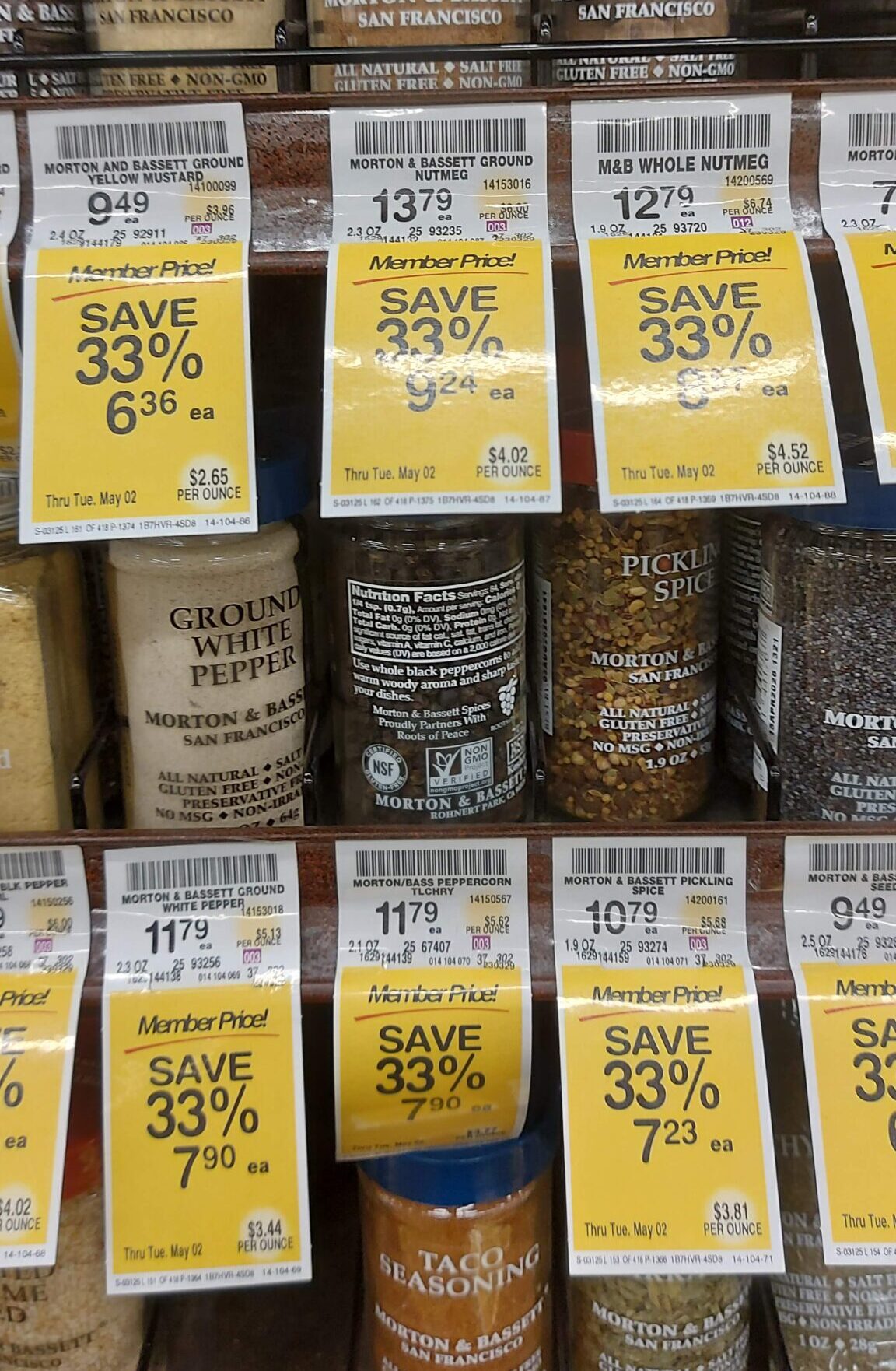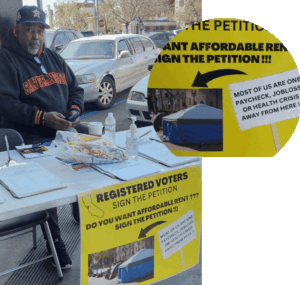CONTEXT

I lived in the USA in my 20s (admittedly with a very affluent family), but I did travel broadly and met people from all walks of life. It left me with the deep impression that the USA really was ‘the land of opportunity’.
I revisited a few times, travelling to new areas, and in between, when in England, I had wondered whether, and hoped that maybe, I could one day live there.
I was excited to be visiting again in 2023. In my US travels, I’d never travelled as far over as the West Coast, and it had always remained a place I wanted to visit.
 On arrival, however, nothing could have prepared me for the shock I experienced in San Francisco.
On arrival, however, nothing could have prepared me for the shock I experienced in San Francisco.
The cost of living was totally unaffordable for most people in ‘regular jobs’, with food, rent, and water requiring maybe three regular salaries to cover the basics. I witnessed two store robberies during my time there; not violent, just people stealing food.
One lady I spent time with told me she’d been looking for a place to rent for one of her language students. In downtown Oakland, the average she was looking at was $1200 – 1400 per month for a room in a shared house. My Airbnb host, in her average-sized home, paid $400 per month just for her water bill.
Homelessness was at epidemic levels, with rows upon rows of people living in their cars. These weren’t the typical ‘down and outs’ (of which there were plenty – they could more usually be found under the bridges or in shop doorways); no, these were people with jobs but who had fallen behind on their rent.
These were people who had become ill and had subsequently lost their jobs, or who had been prescribed opioid painkillers for simple injuries and ended up getting hooked.
There was little to no social infrastructure or investment (community centres and the like). Places of faith played the key role of ‘community hubs’, and every organisation I visited (with one exception) was faith-based in one form or another.
The official line towards migrants, like the UK, is a hostile one. I’d say it’s actually more so. No matter how you enter the UK, once asylum is claimed, the government has to provide the bare essentials on which to live until the claim is decided.
Not so in the USA. Any migrant entering by any means other than official Government refugee resettlement programmes is deemed ‘illegal’ and not entitled to any support.
Even then, the Trump administration cut those allowed through the legal channels from 125,000 per year to just 15,000, and there was huge US Immigration and Customs Enforcement activity to remove the undocumented.
I feel it’s important to mention the backdrop; as it plays a key part in the level of hostility that can be levied towards migrants. It’s the age-old scenario that when things are dire, society looks for someone to blame. Sadly, this attention rarely falls on those who’ve caused the problem.
As recently as 2022, when the price we paid for our gas and electric almost tripled, ‘heat or eat’ was the choice many faced. There were stories of people travelling on buses all day as a cheap way to keep warm. Yet the media didn’t seek to hold the energy bosses to account, who were now raking in record profits.
Instead, after a day or two, their focus turned squarely back to the migrant boats crossing the English Channel, as though these were the people who were the cause of our misery.
In many aspects, I found Amsterdam to be the polar opposite of San Francisco.
Order, not chaos, reigned, and as a woman travelling alone, I welcomed that shift.
There was clear investment in community projects, inner city areas, and infrastructure, which was boosted through the 2000s, and the effects were still obvious during my visit.
I came across thriving, modern, fully equipped, and funded community centres located within the hearts of inner-city communities, being used to their full potential by the local communities. Amsterdam has a proactive approach towards integration, with every successful asylum claimant receiving a request to complete a three-year-long ‘integration’ exam before citizenship is issued. Since the refugee crisis of 2015–16, the Netherlands has granted just over 900,000 refugees asylum.
One of my hosts, Rob Van Der Weelan, one of the founders of De Meevaart, often spoke of Ella Vogelaar, Minister for Housing, Communities, and Integration 2007–2008, attributing to her the statement, “There would be no ‘left behind’ areas; we trust in our citizens; we share the power. Politicians and citizens work together. We trust our citizens—they need space to develop their own area.”
However, he pointed out that the same ethos does not exist in the provinces, where a decay of infrastructure has taken hold with reduced public services and little to no public transport. There is a growing political movement of farmers who are being forced to give up their land in order to meet carbon emission targets.
But here in Amsterdam, I was about to witness what can be achieved with a holistic view of the community backed by government support.
![]()
The views and opinions expressed in this report and its content are those of the author and not of the Churchill Fellowship or its partners, which have no responsibility or liability for any part of the report. All images are the author’s own unless otherwise stated.

